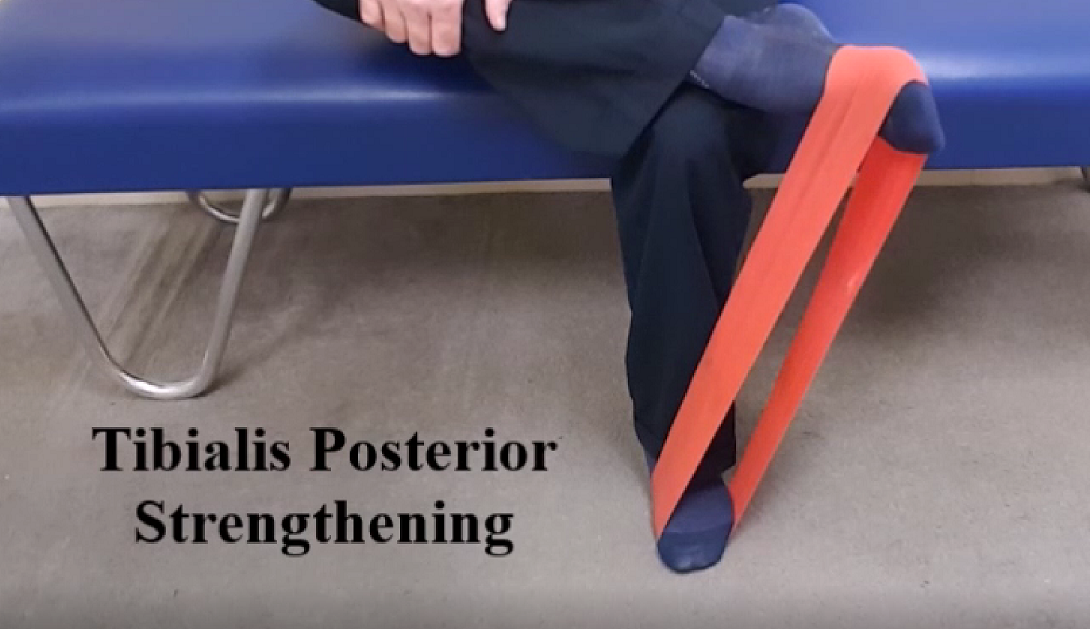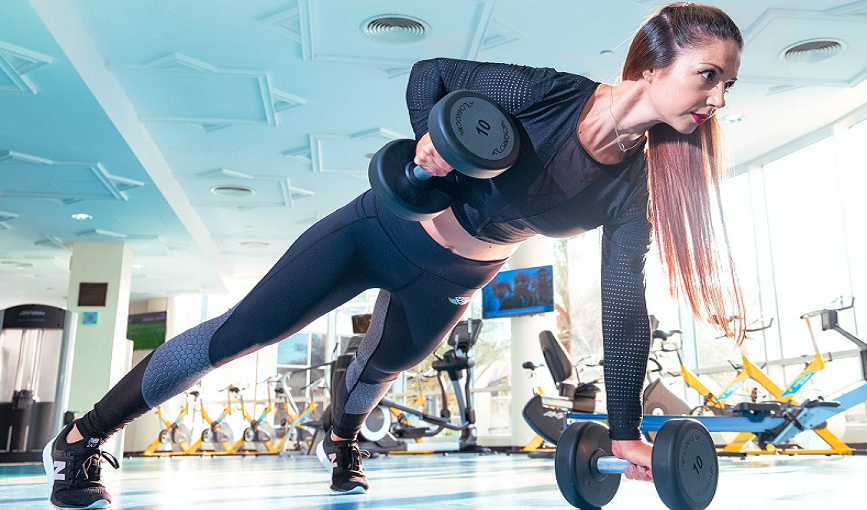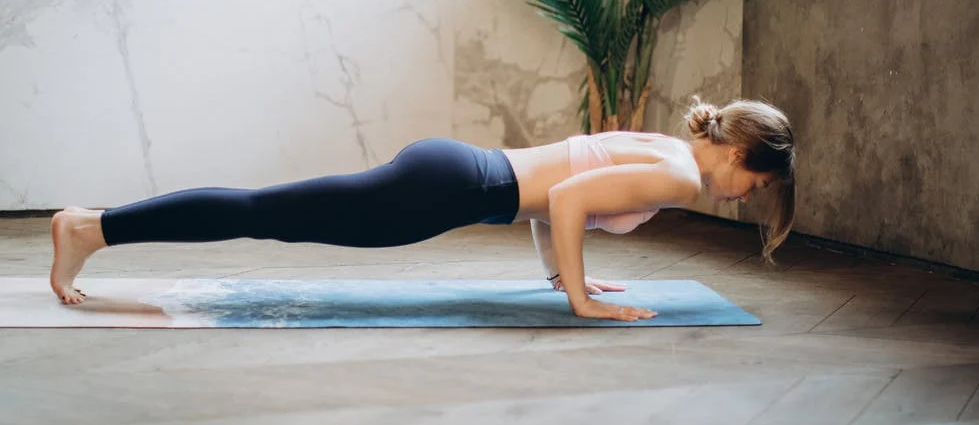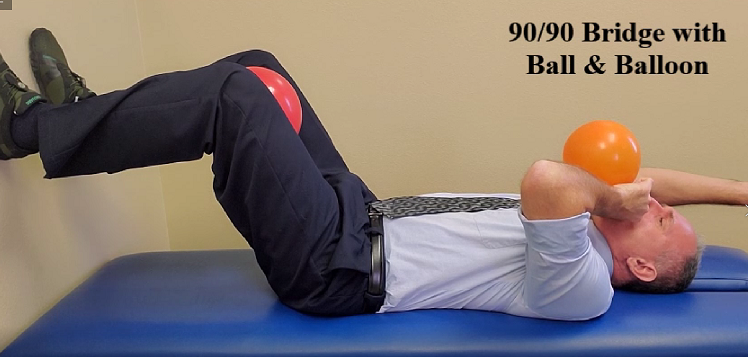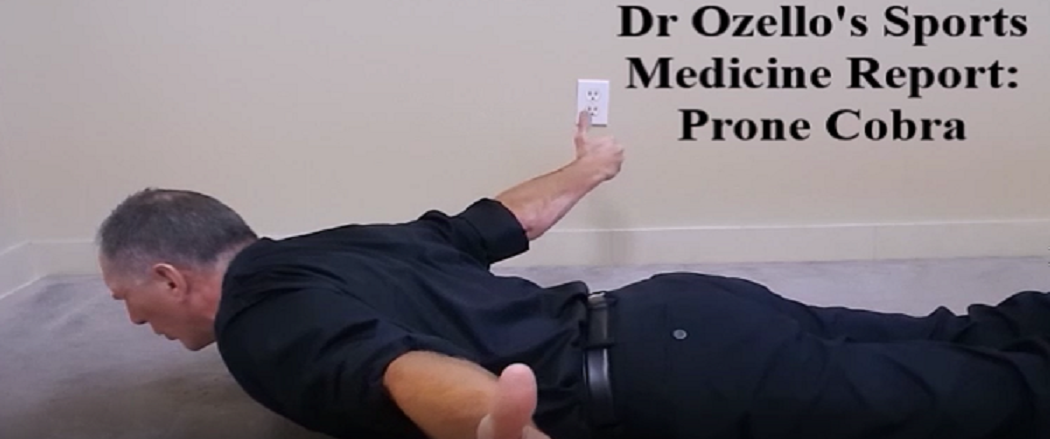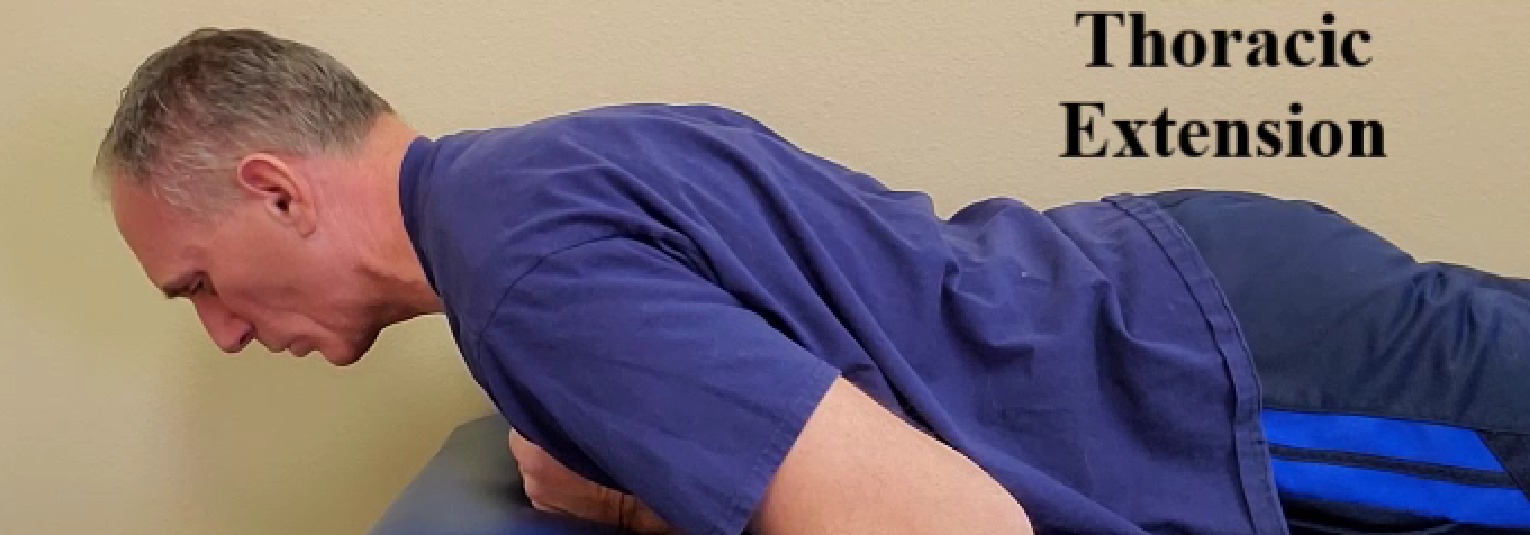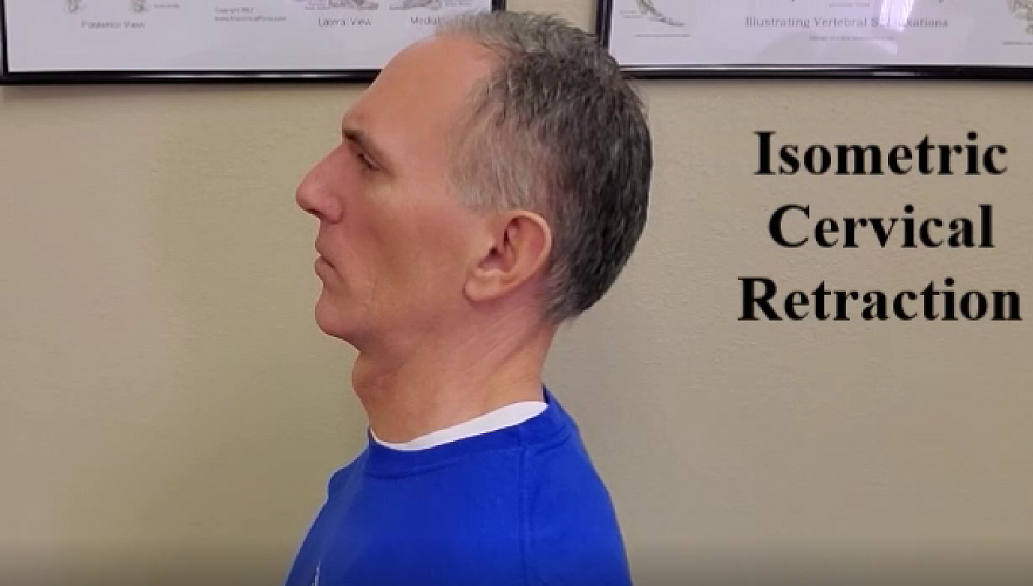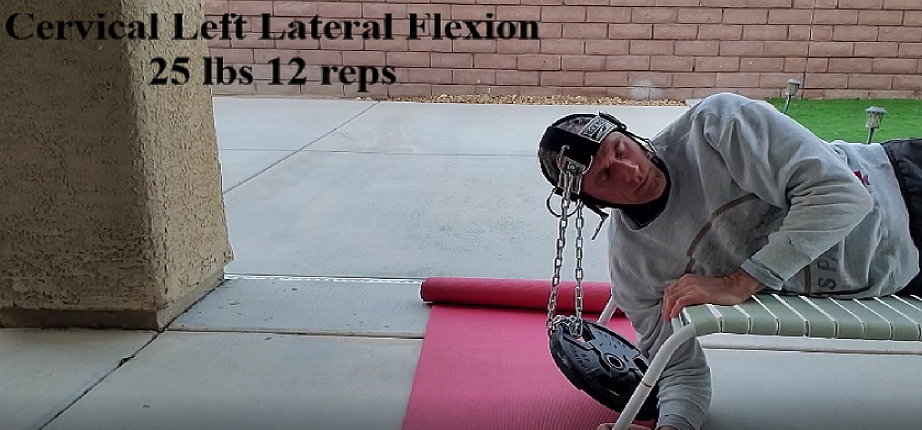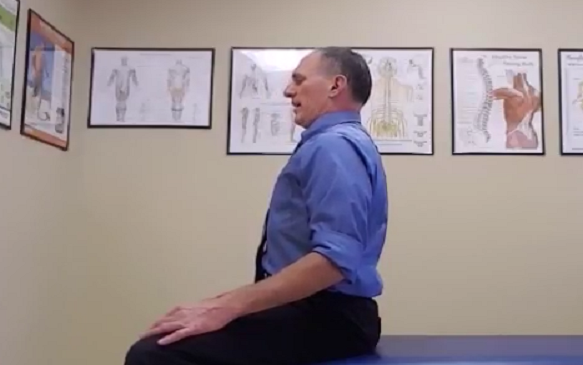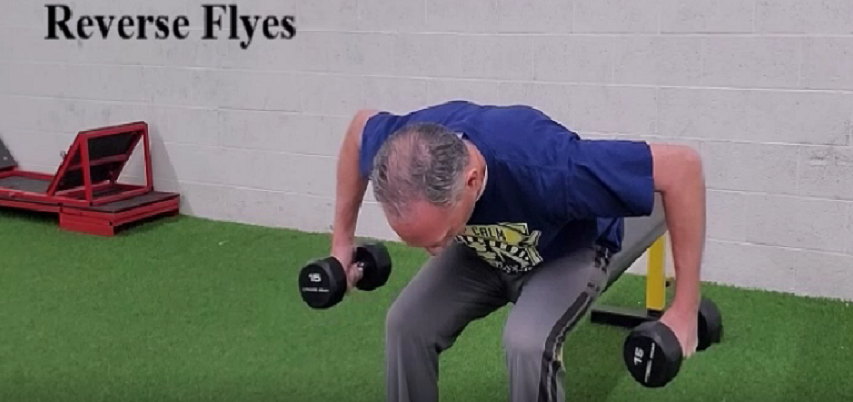Two Ankle Strengthening Exercises
Strengthen the muscles in the ankle with resistance band exercises. Strong ankle muscles improve lower body biomechanics and help prevent injuries. Strengthening the tibialis posterior helps prevent the painful and performance limiting condition known as shin splints. Strengthening the peroneus longus and peroneus brevis muscles helps build ankle joint stability thus reducing the risk of … Read the rest

